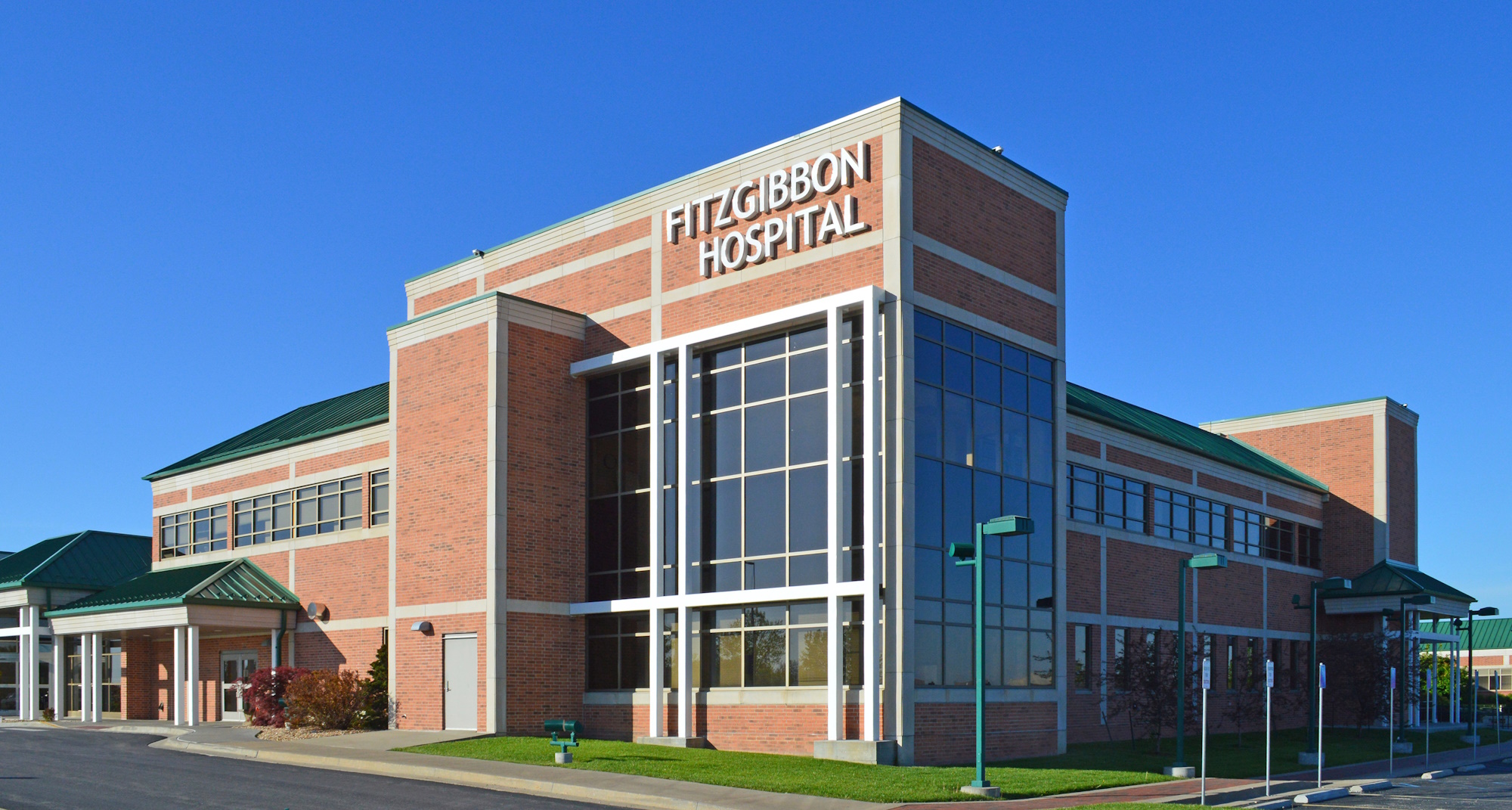Giving Areas
As a 501(c)3 not-for-profit entity, Fitzgibbon Hospital is grateful for every person who gives. Our donors touch lives daily as we transform your gifts immediately into better patient care, better outcomes, and improved health for the communities we serve.
With various options to choose from, your tax-deductible gift to Fitzgibbon Hospital will improve the area of health care that is most meaningful to you. The following areas represent the greatest opportunities for supporting Fitzgibbon Hospital.
Special Projects
Gifts help Fitzgibbon Hospital build and renovate its facilities. Our hospital facilities must accommodate the ever-changing needs of the health care industry. Gifts help support capital projects or renovate departments.
If you would rather your gift be unspecified, or unrestricted, it will be applied to the most critical need at Fitzgibbon Hospital, as determined by the Fitzgibbon Hospital Board of Trustees.
Click here to learn about our 2020-2021 Linear Accelerator Capital Campaign.
Technology & Equipment
Gifts help bring to Fitzgibbon Hospital the latest advances in technology and equipment for diagnosis, surgery, and treatment, offering patients excellent health care that is close to home.
Education
Gifts support nursing scholarships, continuing education programs, community education programs, or guest lectures and help Fitzgibbon Hospital cultivate the most dedicated, compassionate, knowledgeable, and skilled healthcare professionals in our area. Gifts also help Fitzgibbon Hospital offer programs to improve health literacy and encourage healthier lifestyles.
Helping Hands Program
Gifts help Fitzgibbon Hospital reach those in our community who may not be able to afford essentials such as medication, lodging, food, home-care equipment or transportation. The fund does have usage limitations and does not pay for hospital bills. Gifts also help Fitzgibbon Hospital provide services to overcome language and cultural barriers between patients and caregivers, or offer programs to improve health literacy and encourage healthier lifestyles.


